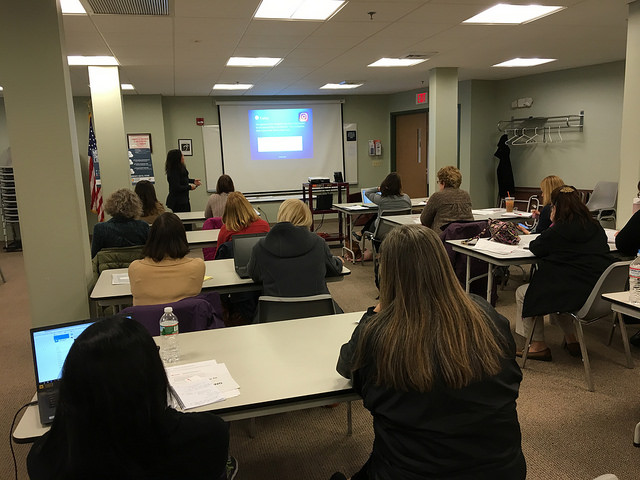
As a Media Specialist, I spend a lot of time planning lessons for my fifth graders about Digital Literacy and Citizenship. When I saw that Lynette Owens, Founder and Global Director of Internet Safety for Kids and Families, would be facilitating a workshop, I eagerly signed up. I was surprised to learn that Lynette works for Trend Micro, an IT Company whose goal is to promote a vision of making a world safe for the exchange of digital information. They company has a division devoted to helping others.
Lynette immediately conveyed a positive approach to Media Literacy. She recommended that library programs should emphasize empowerment over fear. Parents are afraid that their children may be unsafe while online. She showed us several practical tips to share with parents so that they can feel more in control of their children’s digital identities. One example is that social media privacy settings do not control 3rd party plug ins. Also, social media apps have report buttons that people can use if they think someone has been inappropriate or unkind to them. As a parent of two teenagers (and one grown son), I disagreed with her suggestion that parents insist on having their children’s social media passwords. I know that if I tried that on my kids, they’d find a way to get around it.
My most useful take-away from the workshop was that programs should focus on how to be good while online. This can mean something different depending upon a child’s age. Kids in grades K-4 need to learn about safety and risk prevention. Basically, they are learning how to use the Internet. Kids in grades 5-8 need to learn about how to be responsible while they are online. Finally, high school students can benefit most from programs that focus on how they can be productive and get the most of their time online. Whether they are an athlete, artist, writer, or anything else, they could be using Social Media to highlight their accomplishments to prospective colleges and employers. I plan to consider this framework when working on our district Digital Literacy Curriculum. Despite dividing kids’ needs by age, Lynette offered us great ideas for how plan a program for a multi-aged audience. She has facilitated programs where teens are on panels. They can share their technology experiences and answer questions from a younger audience and parents.
Finally, the handouts we received were filled with helpful sites, links, and tips for teaching kids to be good digital citizens. We also learned about Trend Micro’s annual video contest, What’s Your Story? Kids can enter videos they’ve made which will educate others about making the Internet a better place. Past video winners, including one by Tyler Joseph from 21 Pilot, are resources I will be using. If you ever have a chance to attend a workshop with Lynette Owens, I highly recommend it.
